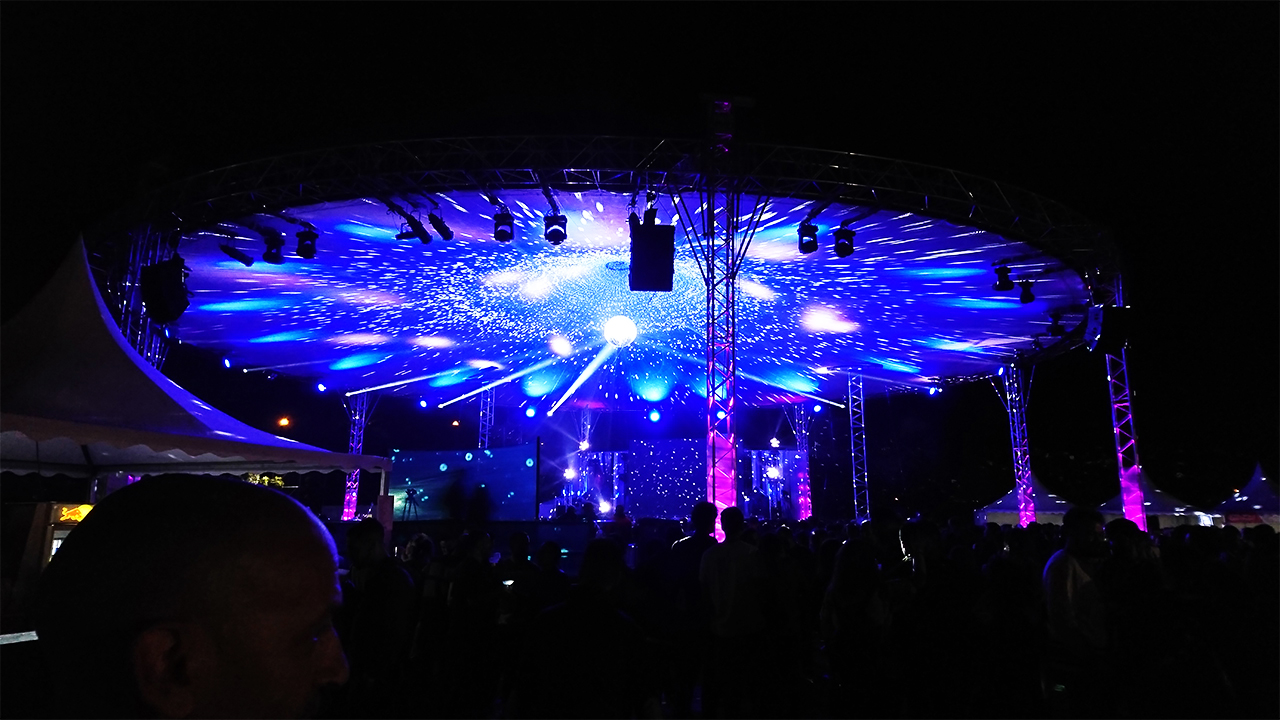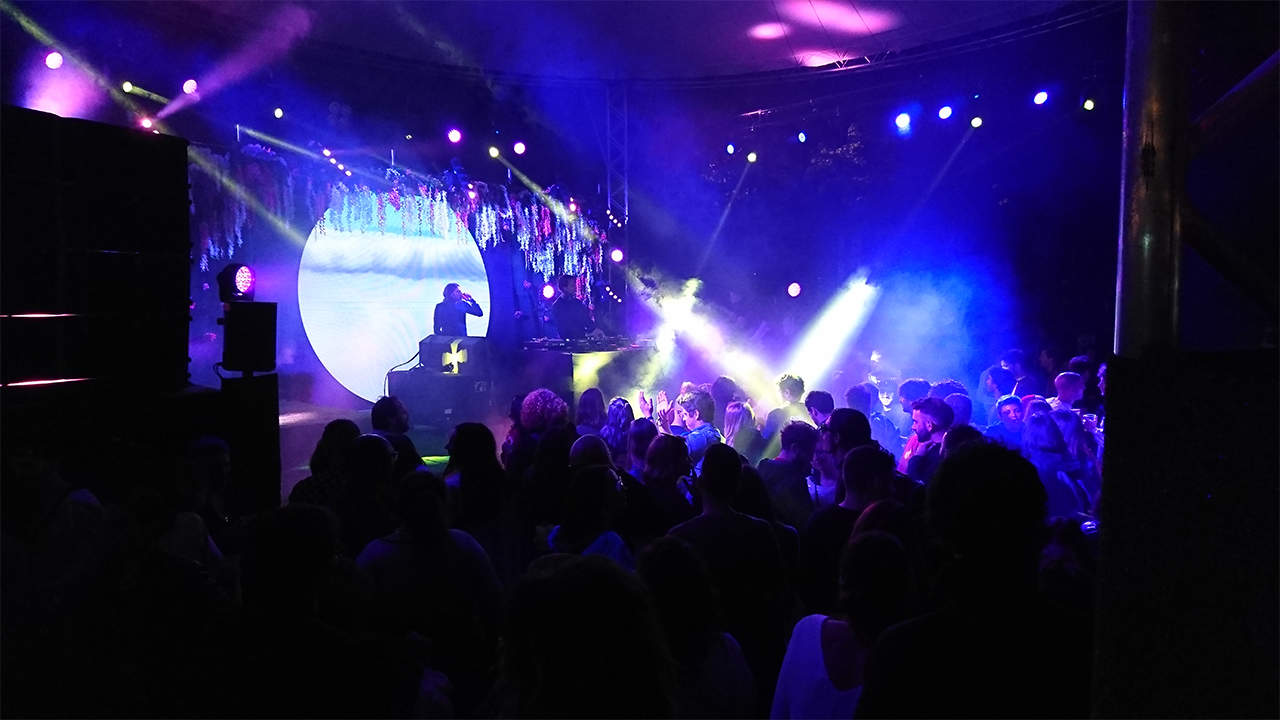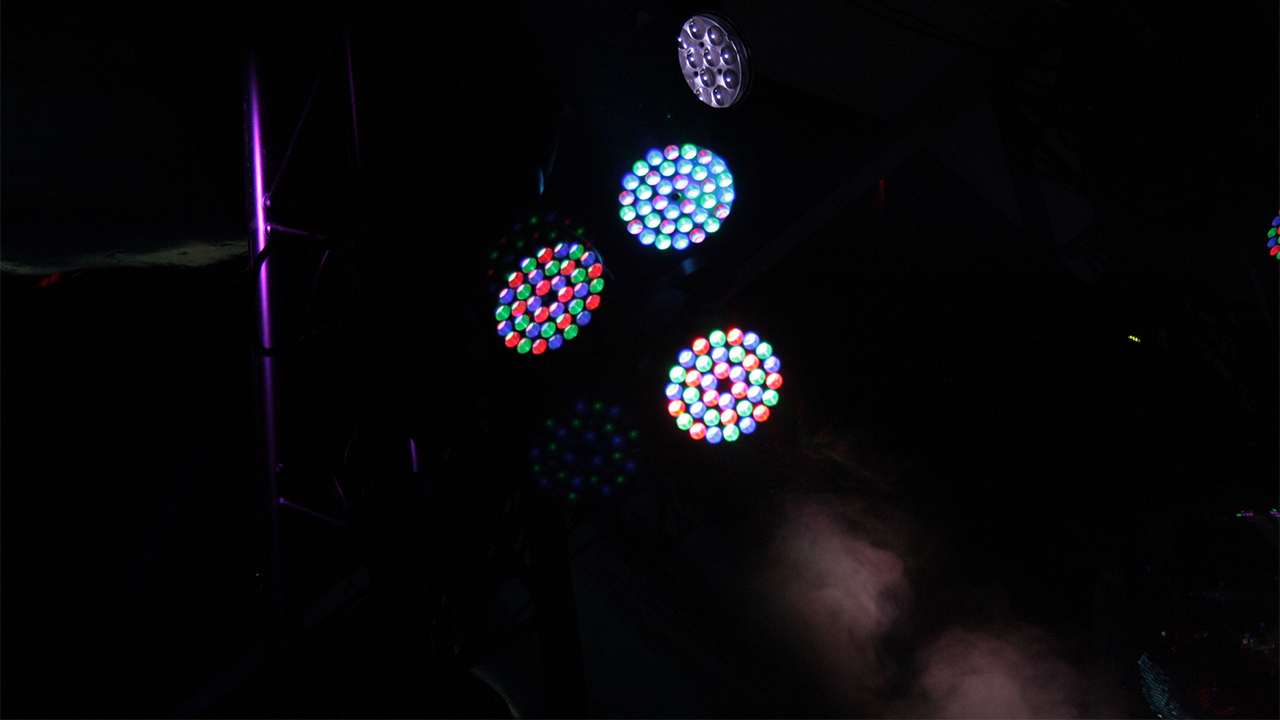
To paraphrase Buggles, a dangerous reality is beginning to emerge in some places that could lead to problems in the clubbing scene.
We are talking about situations seen and experienced in Spain during the last few weeks with the relaxation of preventive measures to avoid the spread of Covid and even some time ago on some occasions during this past summer.
There is no doubt that everyone is looking forward to partying again, to dancing and sweating on a dance floor of a club or a festival, but, although the situation is better in some places (this week is opening with figures of almost 50,000 new infections per day in the UK…), unfortunately the battle against this pandemic is not over.
Many clubs and events have put tremendous effort and spent significant portions of their potential profits on ensuring (through security staff) that people attending their venues and locations can enjoy safe and secure entertainment. That all those who enter their events comply with those logical rules of prevention that can lead us to definitively end the pandemic.
We have seen dance floors with absolutely everyone wearing their masks and enjoying a good time, dancing and having fun. We have also seen images (the age of mobile phones and social media) of dancefloors with large numbers of people with no masks on and no one enforcing the rules.
We have seen security staff at clubs and events urging customers to leave parking spaces after a reasonable period of time after the activity has closed. We have seen chaotic drinking bouts around clubs and events that have caused nuisance and problems for people who live in those areas and who have nothing to do with these activities.
This is undoubtedly a problem where several actors should be involved. The first should be the customer, who should understand the situation we are in. Just as it is not easy for him or her, it is not easy for the people who work to provide you with entertainment… but this is the weakest link in the chain, or rather, the most difficult to raise awareness, at least if we are talking about the situation in Spain.

The next one is the club, festival or event organizer. On this side, we must always recognize that, as in all aspects of life, there are some people who take partying and having fun very seriously, and others not so much. In the section dedicated to this actor, it is clear that it is not only a question of having security personnel to straighten out inappropriate situations, but also of constant awareness-raising work that cannot be discouraged.
We all know of examples, especially on the other side of our borders, where respect for the rest of the citizenry is sacred, and if this right is violated in the queue to enter the club or event, you will not enter that day or probably any other, and if necessary, the forces of order will appear to explain that there are people who will not enter that club and who, for example, like to sleep at certain hours of the night.
But awareness-raising on the part of the organizers is essential. If you like to go to this or that club or event, you should know that in order for that to continue to happen, respect for others is fundamental.
Finally, the competent authorities must do their bit. Perhaps they are the ones who have the most powerful means at their disposal to help nightlife and clubbing to coexist peacefully with the rest of society. If the sector that provides these events has the task of raising awareness, this falls even more heavily on the authorities. They have better means if possible and a much greater reach.
Facilitating public transport for the people who make use of this leisure time is another of the most important points of this issue. If people have such means of transport to other venues or events or to their homes, inconvenience to other citizens would be largely avoided.
Ultimately, and when the facilities described above are made available to the clubber or festival/event goer and there are still people who choose to disturb for the sake of disturbing, they should enforce the law.
Why do we say all this?
Because due to the incessant stream of news about mass gatherings of people in public spaces, dedicated to that beautiful practice called botellón (which involves drinking in a public space without control and opening the boot of the car and playing its music at full blast), in the end it can harm everyone. It is true that there are not many of these gatherings linked to entertainment venues, but there have been some… and whether or not they can be connected to regulated and established nightlife, they can end up splashing.
One way or another, the nightlife sector must try to do its part to ensure that in the end, the righteous do not pay for the sinners. All actors should be involved in making clubbing a happy practice for those who practice it as well as for those who have nothing to do with it.

In order to get a feel for the reality of the sector, we asked two professionals from the sector, with a long enough track record for their contribution to be valuable and enlighten us on this problem.
Luis Bonias is a legend in the national and international booths, always involved in initiatives and events in the Valencia area, such as the Medusa Beach Club in the last two years… so he can tell us interesting things from a broad point of view.
On the other hand, we wanted to have the “bosses”, so we asked Óscar Iglesias, alma mater of Groovelives (who has been a nightlife promoter for almost two decades, especially in Valencia and surroundings) to answer some questions and give us his opinion.
– Luis, thank you for attending 1051 Magazine… Do you think that the so called “club culture” is not perceived in an adequate way by all those who integrate it, enjoy it or have to regulate it legally? Through your long experience, have you perceived changes in this aspect (for better or for worse) since you started DJing some decades ago?
First of all, thank you very much for the presentation, and I would like to say that the title of the article literally reflects what I have been seeing for some months now, from the public and from some parts of the business sector that do not see the shaky ground on which they are walking, only the recovery and recuperation. Just around the corner we can have another crack, that said, the club culture in our country is within the FIESTA phenomenon, and this makes the recreational part eat the culture and we are just another part of the fun activities (which we are) and that we are put in a bag where everything from the “charangas”, Latin music, “botellones”, apology of drugs, etc. are. And of course it would be necessary to regulate and give value to those who risk more, as happens in some fine arts, where the most minority (for advanced and transgressor) has more presence and support than the massive, that maybe at the beginning before the “promotion” was minority, it is almost always cyclical…
There have been few changes because the sector has been adapting to what has arisen at each moment or change of cycle and there has been little “business” mass around the clubs and their cultural function. With the arrival of globalization, the situation has become more accentuated, the fact that there is no tangible filter on what is consumed and that it is an algorithm that does it, means that everything can be bought to influence the decisions of the public in terms of music and culture. This means that the local scenes decline, which didn’t happen before the digital change, the local scenes became strong and the strongest one became massive, which was our case in the 80s and 90s, although if this fabric doesn’t exist, in the end it dies of success, which was also our case.
Oscar, we thank you as well for your time, and the question is the same, but from your point of view as a promoter and organizer.
There is a total and absolute neglect of the clubbing community. There is no sense of belonging to a collective or movement and this weakens the scene considerably. It’s true that these movements don’t come naturally and we need to motivate the real drivers of a city’s clubbing scene; promoters, owners and artists. We are working on it…
Since the hard blow received during the Covid 19 crisis, where our sector has been criminalised at all times from the very name, “OCIO NOCTURNO”, this shows the urgent need to re-strengthen a collective which is more essential than people imagine for the social and cultural well-being of a city. Clubbing in Valencia is constantly threatened to disappear. ZAS zones that don’t solve any problems or out-of-order venues with no alternative in sight to renovate facilities or locations.
– Luis, as well as DJ, you have worked and collaborated in many productions of events and festivals, do producers, promoters and club management companies promote policies and actions aimed at the so-called responsible leisure, at the coexistence between club and clubber (and the same applies to events and festivals) and the citizens or residents in the areas near these venues and events?
In the last experiences in this field (Medusa Sun Beach, Medusa Beach Club,..), yes, this is basic and always has been, already in the 80’s, 90’s and 2000 in some venues that I worked (Arena, Barraca, Puzzle,…), it was taken into account not only in the clubbing but also in the clubbing. ) it was taken into account not only what happened in the room but also outside it, but nowadays I still see little initiative on the part of some clubs / discotheques very mediatic that leave to chance certain situations and more with the danger that you form a botellón quickly and there is a call effect, even once you have already closed, you have to take into account that they will always blame you and it is not worth to cover your ears in front of these things.

Oscar… your point of view on this from your position?
A cosmopolitan city with a constant activity of shopping areas, restaurants, art galleries, theatres, etc… ends up generating all kinds of services and many of them related to musical entertainment. Whatever the activity to be developed in a city, it has to be carried out with the utmost respect for its own residents and this has to be a priority for all its users. Each of these venues has to take co-responsibility for this to be the case.
At present, there is no strategy in this respect other than to condemn the activity itself without even providing tools or formulas to be able to collaborate with this objective of making the city’s activity compatible with rest.
It is absolutely necessary to activate an associative project so that all the actors in this forgotten sector start a roadmap to enhance the value of CLUBBING and that we can show our creative capacity and demonstrate how influential we can be in improving the habits of young people.
That the clubs serve as facilities for socio-cultural activities in the same neighbourhood where they are located, neighbourhood meetings, events, Fallas commissions, etc… and where their clients can propose all kinds of artistic projects, exhibitions, concerts, talks, etc…
That the clubs are able to send educational messages to their users; The war against plastic, come to the club by bike, public nuisance, eliminate littering and hundreds of campaigns that can be carried out through our ability to create communication with our users.
– Óscar, Luis, this last question for both of you… Last but not least, what about the authorities of the different levels? Do you perceive actions and policies that support the development of “responsible clubbing” (public transport, etc.)?
Oscar: Not at all. We are the party, the frivolous part of the citizenry, the transitory madness of young people who only think about the same thing. The city that in the 90s was known all over the world for its clubbing is now abandoned to its fate. It seems to me a super selfish act on the part of the politicians who lived through this scene that we are still trying to remember in order to survive as a sector.
Luis: This doesn’t really happen in the outskirts, especially in areas where the winter is harsh and there is practically very little permanent population. In the urban area of a big city, it might happen more, with some night bus services, but not for just for clubbing, but for the city in general. But we are established in a mentality that clubbing and leisure is not culture, it is an annoying activity and that it generates boozing, it doesn’t let the neighbours rest. What’s more, the same activity in different neighbourhoods is modern in one and marginal in another, and in medium-sized towns, we’re not even talking about it, there are some that have practically no nightlife at all. I am from Sueca and remember when I was a teenager there were 4 discotheques in the city and 5 on the beach with countless pubs, leisure bars, now there is 1 discotheque and 3 pubs (some of which are restaurants at the same time), yes, lunch bars to bore … in short, it is what it is!
Thanks again to both of you for your feedback. It seems to me that for the moment, the only thing we can discern is that we still have a long way to go before electronic music and the clubbing territory is considered a culture in our country, as it is in other countries. We will have to put a lot of effort on all sides for this to happen one day.